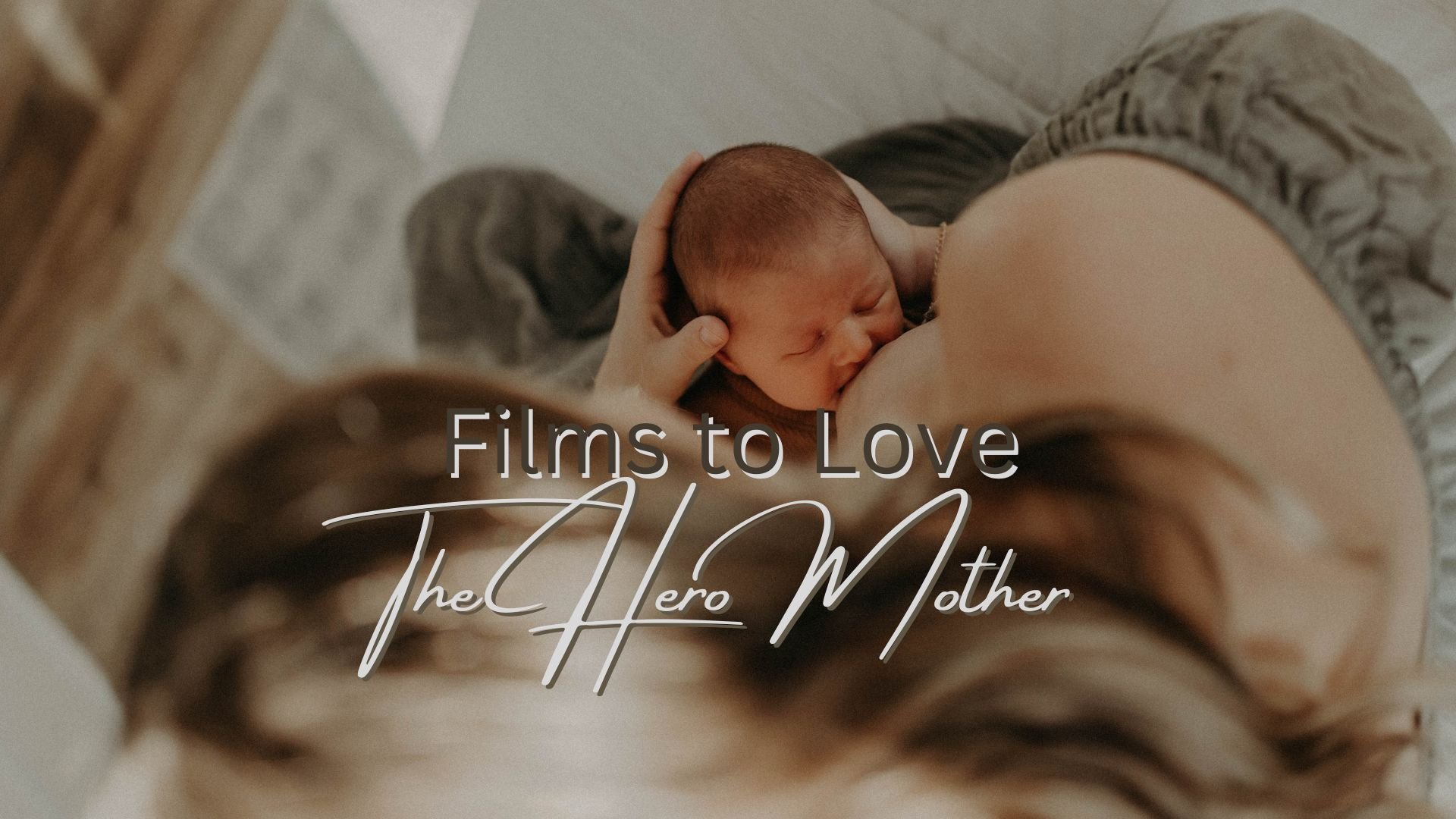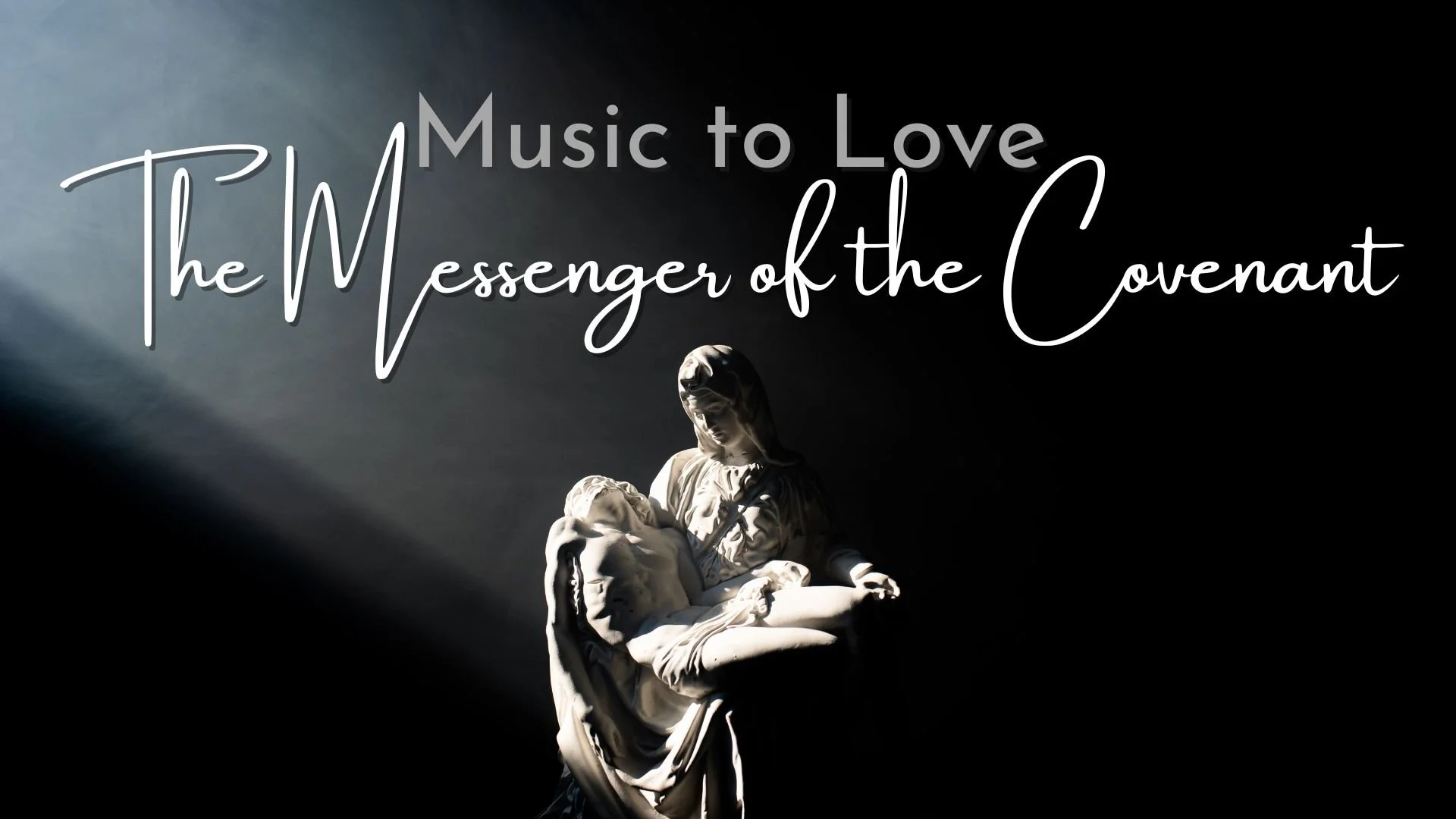Mission: Impossible and the Opera?

What does the opera have to do with Mission: Impossible? Very little, you might say, but the director and writer, Christopher McQuarrie would disagree with you. After all, it was in his screenplay for the fifth installment of the blockbuster series that the inimitable Ethan Hunt, (played by Tom Cruise), told Benji, (portrayed by Simon Pegg), “You want drama, Benji? Go to the opera.” Truer words were never spoken. And the opera McQuarrie chose to showcase so masterfully is none other than Turandot, the opera on which I spoke last week.
We’ve been on a Tom Cruise/Christopher McQuarrie jag in our home. Last week, the husband and I watched one of their collaborative efforts: Mission: Impossible: Rogue Nation. Imagine my utter delight to encounter Turandot, an opera I love regardless of its absurd plot, expertly woven into a rather pivotal scene in the film.
This particular scene itself would be lacking without the music. And isn't that precisely what the opera is about? The plots- especially Turandot- are flimsy and capricious at best. But, boy oh boy, that music! It certainly saves the day.
And while I will not make the claim that the addition of Turandot in this scene saved the movie Mission: Impossible: Rogue Nation (I thought the tightness, precision, and suspense of this film was superb), I will say that it lended the entire experience majesty.
Just a little backstory for those of you unfamiliar with the plot. Ethan Hunt, now a disavowed IMF agent, with no country or ally to call his own, is hell bent on stopping the nefarious Syndicate from the destruction they wish to wrought on the world. It’s a pretty intense scenario. Rogue agents who are highly trained to prevent terror attacks of epic proportions, instead, enacting events that will cause the very same amount of desolation with scalpel precision. Yet, Hunt is on the case. He’s followed all the clues to the Vienna Opera House and he’s enlisted his former compatriot and friend Benji’s help. They need to find the ring leader of the Syndicate and Hunt knows he’ll be there at the opera. Even a rogue agent of the worse sort can’t resist the beauty of Turandot! (And, given it’s haywire plot with the nutty Turandot promising death to all because of her bitterness, a rogue agent hellbent on the same sort of mission with the same sort of impetus might even enjoy the irony.)
So, the stage is set (both figuratively and literally). All the players are at the Opera House. The musicians are in their places. The first strains can be heard from the orchestra pit. Ethan Hunt searches the crowds as they enter to find the leader of the Syndicate. He knows his face, but not his name. (You cannot tell me that McQuarrie didn’t know what he was doing when he chose to score this portion of the film with the music of Turandot. You know, a story about a unnamed man who holds the fate of a nation in his hands…)
While Benji scans the crowd on his computer screen, hidden away somewhere in the opera house, (as he sardonically says, Join the IMF, see the world, from a monitor, in a closet) Ethan Hunt follows a suspicious character backstage. After all, unbeknownst to Hunt until he arrives, the Austrian Prime Minister is attending Turandot. A prominent diplomat and a rogue agent turned terrorist attending the same event doesn’t sit well with Hunt. And, if we’ve learned anything from any of the other Mission: Impossible movies, Ethan Hunt’s gut instinct is worth its weight in gold. Solid 24 karat.
Hunt finds himself backstage, scanning the scaffolding, backdrops, and scenery for the fellow who doesn’t quite fit. And, he finds him, piecing together what looks like a flute into a sniper’s rifle on one of the lighting scaffolds floating above the stage. With no one to stop this assassin, Hunt embarks on another of his impossible missions. He makes his way from scaffolding to scaffolding, balancing all the while, to confront him. What ensues is a brilliant bit of choreography, a fight hovering over the drama of Turandot, perfectly in step with the music. In fact, the crescendos and climaxes of hand-to-hand combat are expertly woven with the music, giving the scene drama, yes, but also a sophisticated element of humor. After all, this is Ethan Hunt done to Verdi. It’s a somewhat absurd combination that just happens to work.
All the while, as Hunt fights and Benji searches the audience, the mysterious operative Ilsa Faust (played by Rebecca Ferguson) is readying herself to also assassinate the Austrian PM from another area backstage, a romantic screened pagoda. (As if the opera weren’t enough, there is a particularly fantastic close-up of Faust at this point, all allure, all mystery, all sensuality and strength. Gotta love a woman with pizzazz and hutzpah. Oh, and stellar taste in footwear- a thing upon which Ethan Hunt remarks- because he’s just with it, man.) Anyway…To augment tension, Hunt sees her and divines what she’s about to do. Not only must he diffuse the one assassin he’s fighting; he must also render another operative inoperative. (Because Ethan Hunt didn’t have enough to worry about already.)

And here's a preview of the scene. Enjoy.
Now, here’s a bit of trivia to see if you’ve been paying attention. At what part do you think all these assassins will take their shots?
If your answer is at the penultimate B note sung in the middle of Vin-c-ero during Nessun Dorma, then you are very clever indeed. (You remember that note right? The one discussed last week… you know, the one that Verdi didn’t actually write to be held for so long. Yeah, that’s the one.)
McQuarrie even gives you the benefit of looking at the musical score. And, it’s quite perfect when you know the story of that song. Remember: None shall sleep… and, given that the song deals with an entire nation held in the grip of panic until the dawn, it fits precisely into the dynamic of this scene, and consequently the entire film. There will be no rest for Ethan Hunt until he unmasks the identity of the leader of the Syndicate and neutralizes him. Nessun Dorma, my darlings. Nessun Dorma.

Look at her lean that bike! As Ethan Hunt tells her later in the film, "You sure can ride."
I must say that I truly enjoyed the skill with which this scene was approached, constructed, and executed. I know people might scoff at the number of Mission: Impossibles out there on the market, turning up their noses at them because they are nothing more than action blockbusters with lots of fighting and motorcycle chases (of which, my favorite is from this movie; Ilsa Faust rivals Valentino Rossi on the BMW S1000RR through the streets of Morocco. I seriously want to be her in that scene. SERIOUSLY!). However, take a look at this scene, and if you’re feeling adventurous, give the movie a viewing, too, if you have not already. This film screams sophistication and fun. And, I think that deserves a standing ovation.
In fact, I’ve heard they’re making another one, filming now, if I’m not mistaken. McQuarrie is taking the helm, again, writing and directing it, so I have exceptionally high hopes for this upcoming spy thriller. If he just happens to incorporate another opera so expertly into it again, I’ll be all the more pleased! Wouldn’t you just love to see what he could do with Rigoletto?
Have you ever been surprised by an element in a movie you weren’t expecting but that works perfectly? (Like Turandot in Mission: Impossible: Rogue Nation for me). What element and what movie? Tell, tell…
P.S. If you haven’t already, take a gander at some of the other films Christopher McQuarrie has written and/or directed. Some of my personal favorites are among his ranks: The Tourist (superb, with the best train sequence dialogue I've seen since North by Northwest), Edge of Tomorrow (tighter than a tick, and incredibly poignant), Jack Reacher, and Valkyrie (oh, how I love the way this story is constructed- pretty historically sound, and that’s saying something when it comes to movies). McQuarrie is excellent at his craft.





































































